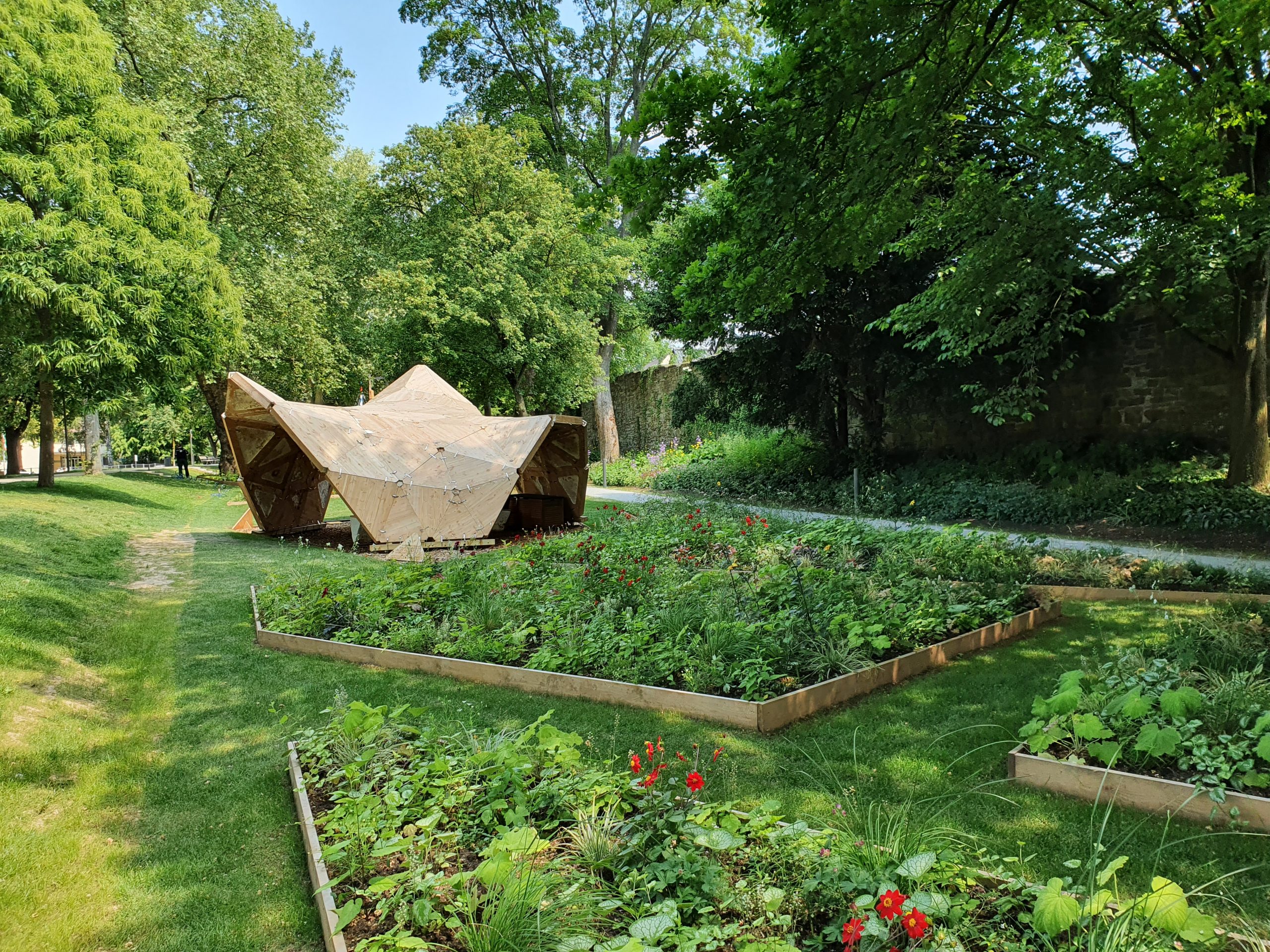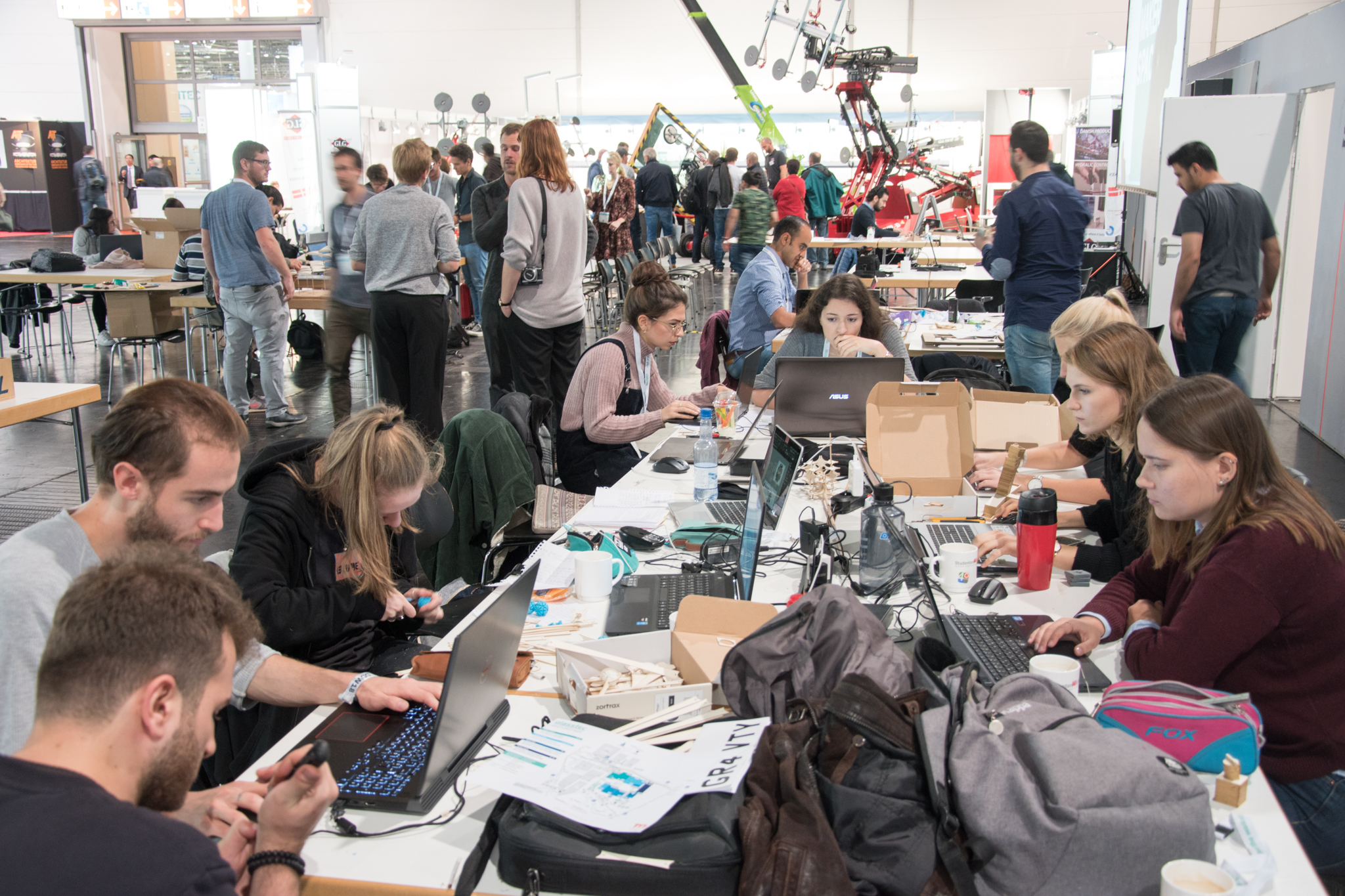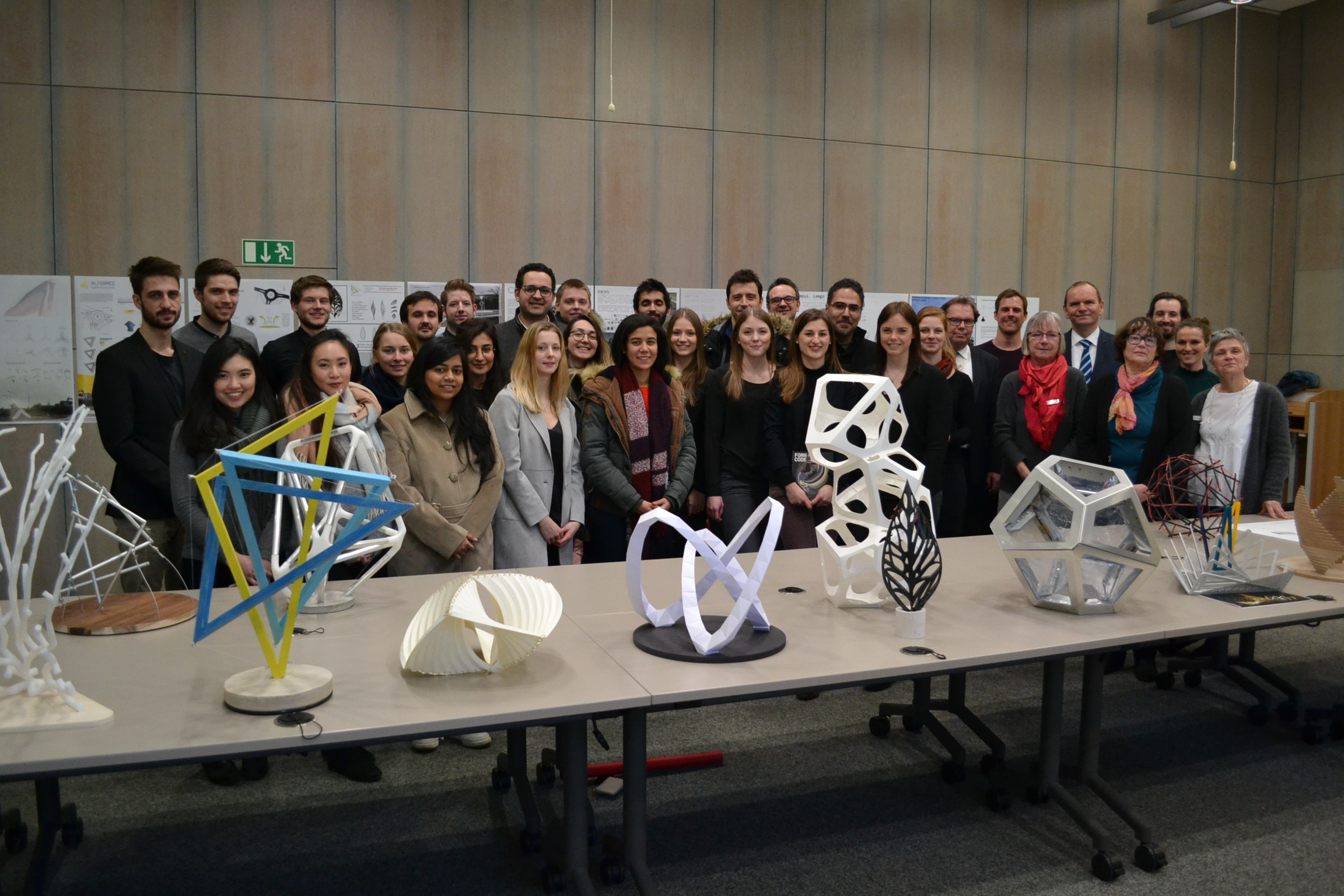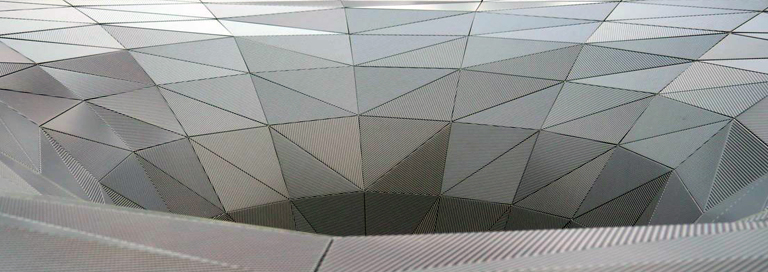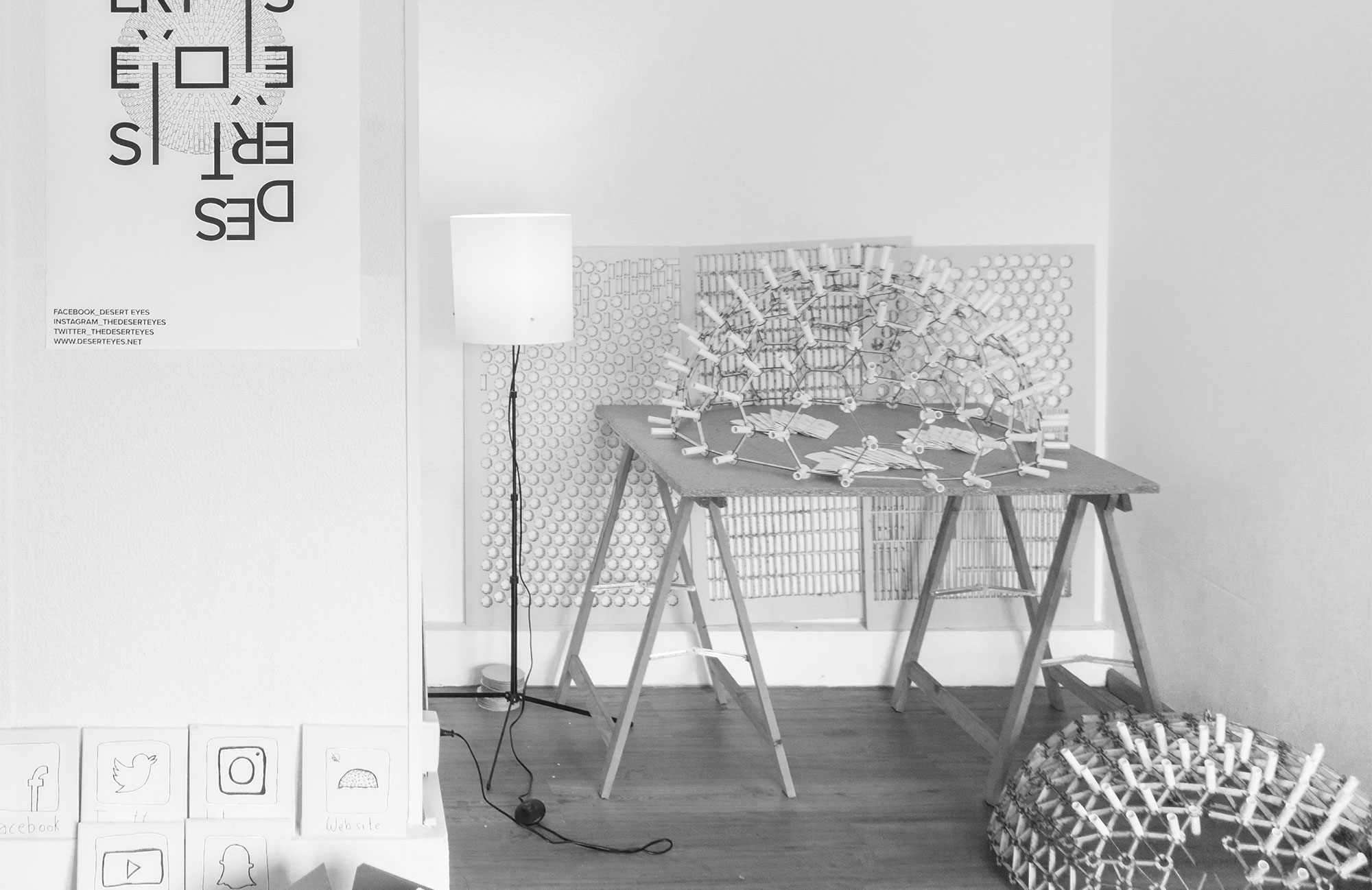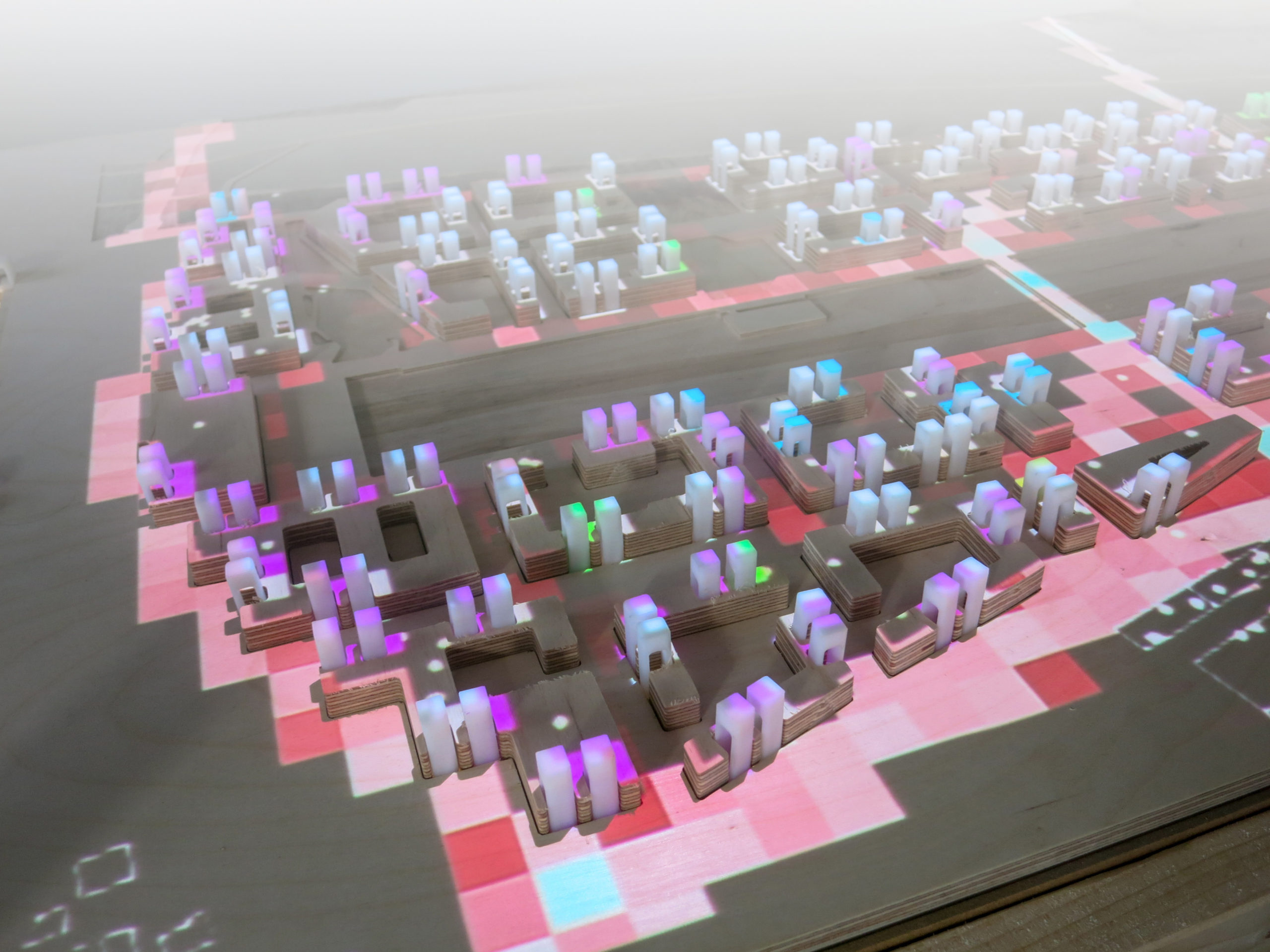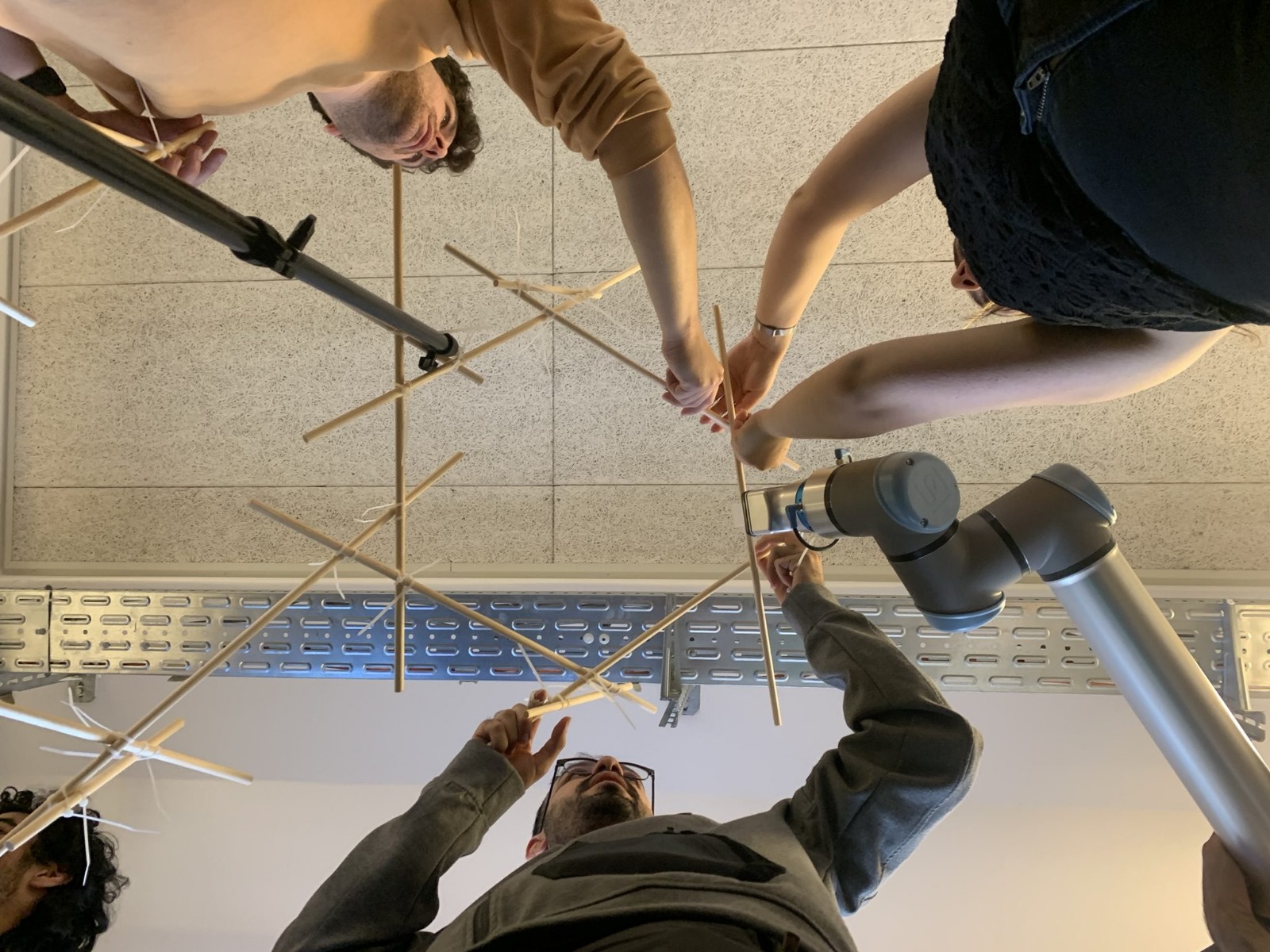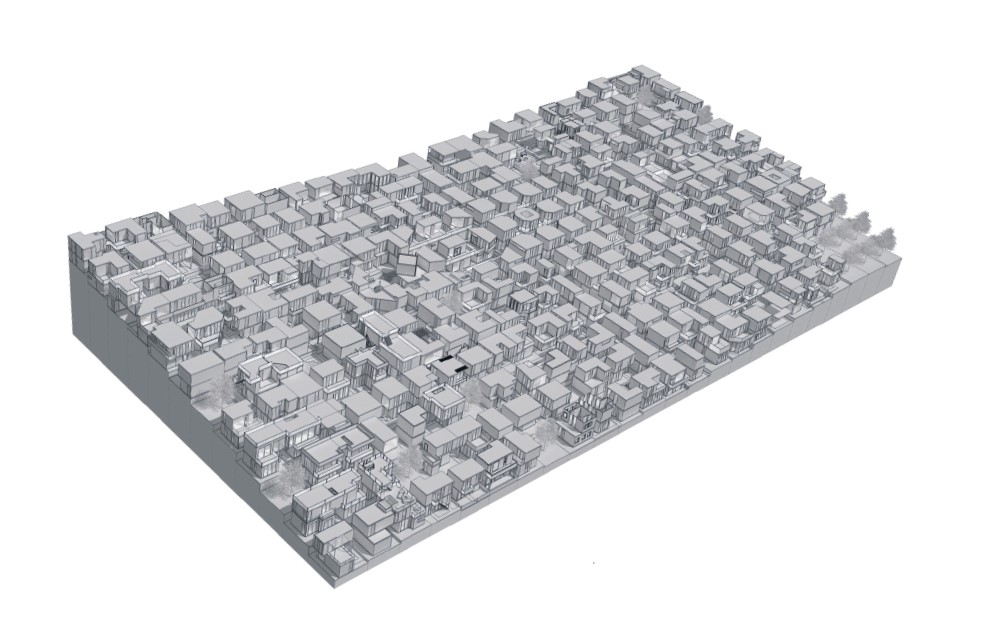About CAAD



The team of professorship for CAAD at the Detmold School Design focuses in teaching and research on computer-aided processes in the development and production of architecture. We interweave digital virtuality with materiality and see this intersection as productive friction in the context of the digital revolution. New processes and materials, increasingly interdependent, responsive and adaptive, blur the boundary between matter and information.
We develop, model, code, apply and teach workflows implementing Generative Artificial Intelligence and Machine Learning, BIM integration, advanced and generative 3D-modeling, Visualization and Mixed Realities, CNC Fabrication and Robots in architecture. While doing so we reform processes and structural logic while simultaneously questioning it.
Critical Making
The cyclical process between hand and algorithm, between mockup and generative model, between machine-hand made prototype and simulation, creates what we might call Critical Making. This isn’t nostalgic craft revivalism. Rather, it’s a methodology that uses physical experimentation to interrogate digital assumptions. When we scan a hand-formed model, process it algorithmically, fabricate it digitally, then physically test and manually adjust it again, we’re not just iterating. We’re building critical literacy in both domains.
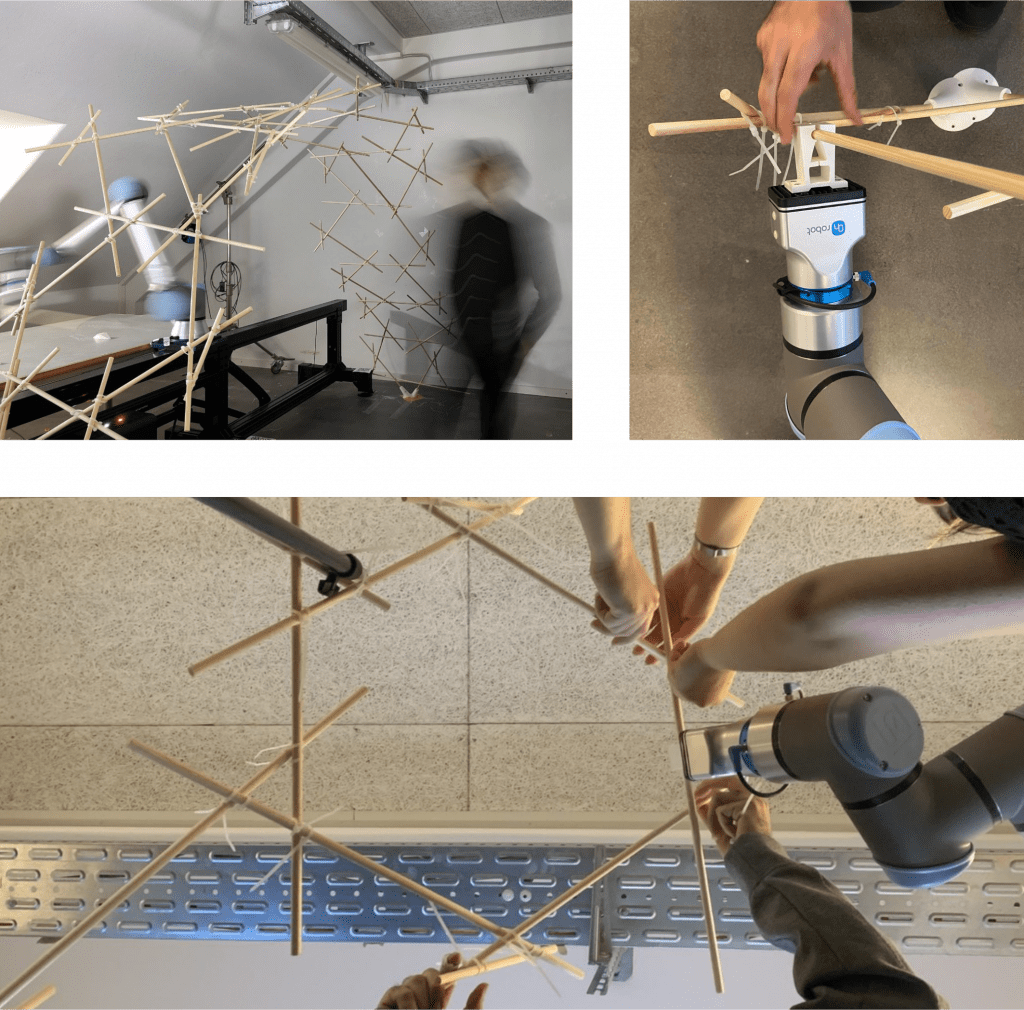
Bachelor
The first semester focuses primarily on Collaborative Design (Vernetzt Entwerfen). In the context of this innovative teaching project (since 2015) students learn systematic 3D-modeling, CAD-plan development, architectural plan layout but also designing and modeling architecture in teams of up to 10 students to practice collaboration as well as self-organization in the context of Building Information Modeling. The development process of all students in the course is synchronized in one collaborative and server-based 3D model.
In the second semester students develop their Architectural Representation skills addressing the intersections of form, style, structure, and communication through a ‘DigiLog’ approach. The module Advanced Representation Techniques (Vertiefung Darstellungstechniken) is continuously developed in collaboration with the Professorship of BIGG (Fundamentals of Visual Design). The course is based on deliberate tool selection, hybrid combinations, and critical interrogation of methods – hand sketch, 3D model, physical prototype (structural paper models), visualization with rendering and generative AI. The goal: developing representational literacy as a practice of architectural analysis, discovery, and communication.
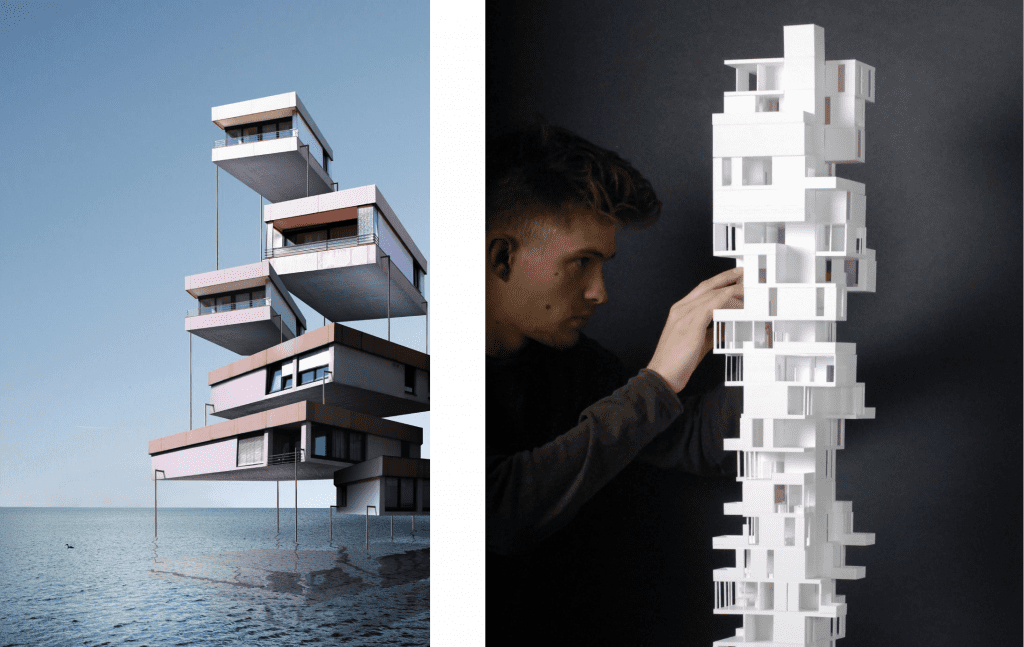
Master
We need architectural designers who can build, break, rebuild. They need to understand materials intimately enough to know when the algorithm is lying. The makerspace (wood workshop, FABLAB 5209, etc..) isn’t separate from the digital lab; they’re two registers of the same investigative practice. Materiability (M. Kretzer) – the intelligent capacity embedded in responsive materials – demands architects who are equally fluent in coding and in physics, in machine learning and in material learning.
In the Master in Architectural Design (MArch), Computational Design (MID) and Facade Design (MID) students become experts in hybrid processes developing not just new design ideas, concepts and buildings but evolve with new work flows, methodologies and process chains inbetween the disciplines of architecture, engineering, arts and information technologies.
The international Master of Integrated Design (100% taught in English) deepens this design research in various projects, core modules, specialized modules electives leading to an elaborate development of a research question or even business idea in the Master Thesis.

Research
Sustainability and Digital Technologies in Construction and Mobility
The Professorship for Computer Aided Architectural Design (CAAD) at the Institute for Design Strategies (IDS) is developing a strategic research foundation for digital transformation in architecture, design, and construction, within the context of the planned Center for Sustainable and Digital Construction (ZNDB). Through the projects MonoCab OWL, Liquid Campus, KI.BAU, and ROB.BAU, innovative concepts and digital technologies are being explored and implemented for sustainable, future-oriented design, construction, and building.
KI.BAU (AI in Construction), funded through TH OWL’s focus professorships (ProFuture, 2023-2026), investigates AI applications in architectural design, modeling, production, and management processes. The project aims to develop AI-supported tools and process chains to design buildings as adaptive, intelligent “ecological systems” that interact with people and their environment, optimizing resource efficiency and reducing environmental impact.
ROB.BAU (Robotics for Construction) researches automated construction processes using a collaborative industrial robot (UR10e) for complex manufacturing and assembly tasks. The project explores human-robot collaboration and innovative material processing methods, particularly with natural fibre composites, advancing precision, efficiency, and sustainability in construction production.
MonoCab OWL is an autonomous, single-track on-demand transport system for rural areas, featuring modular construction, sustainable materials, and electric drive technology utilizing existing infrastructure. Genius4property develops an AI-supported platform for multi-use real estate concepts, analyzing location data to generate innovative building ideas and facilitate matchings between investors, municipalities, and building groups. Liquid Campus creates a radically innovative university structure with enabling spaces—the stationary MAKEcampus, mobile NOMADcampus, and HYBRIDcampus—fostering active, creative, and interdisciplinary collaboration.
Both KI.BAU and ROB.BAU serve as initiator projects for the planned ZNDB, which will integrate and advance sustainable construction approaches, intelligent robotics, and digital fabrication. The CAAD professorship (Prof. Hans Sachs) pursues an integrative research strategy at IDS, uniting AI, robotics, and new strategies for architecture, design, and mobility as core components within the ZNDB framework.

